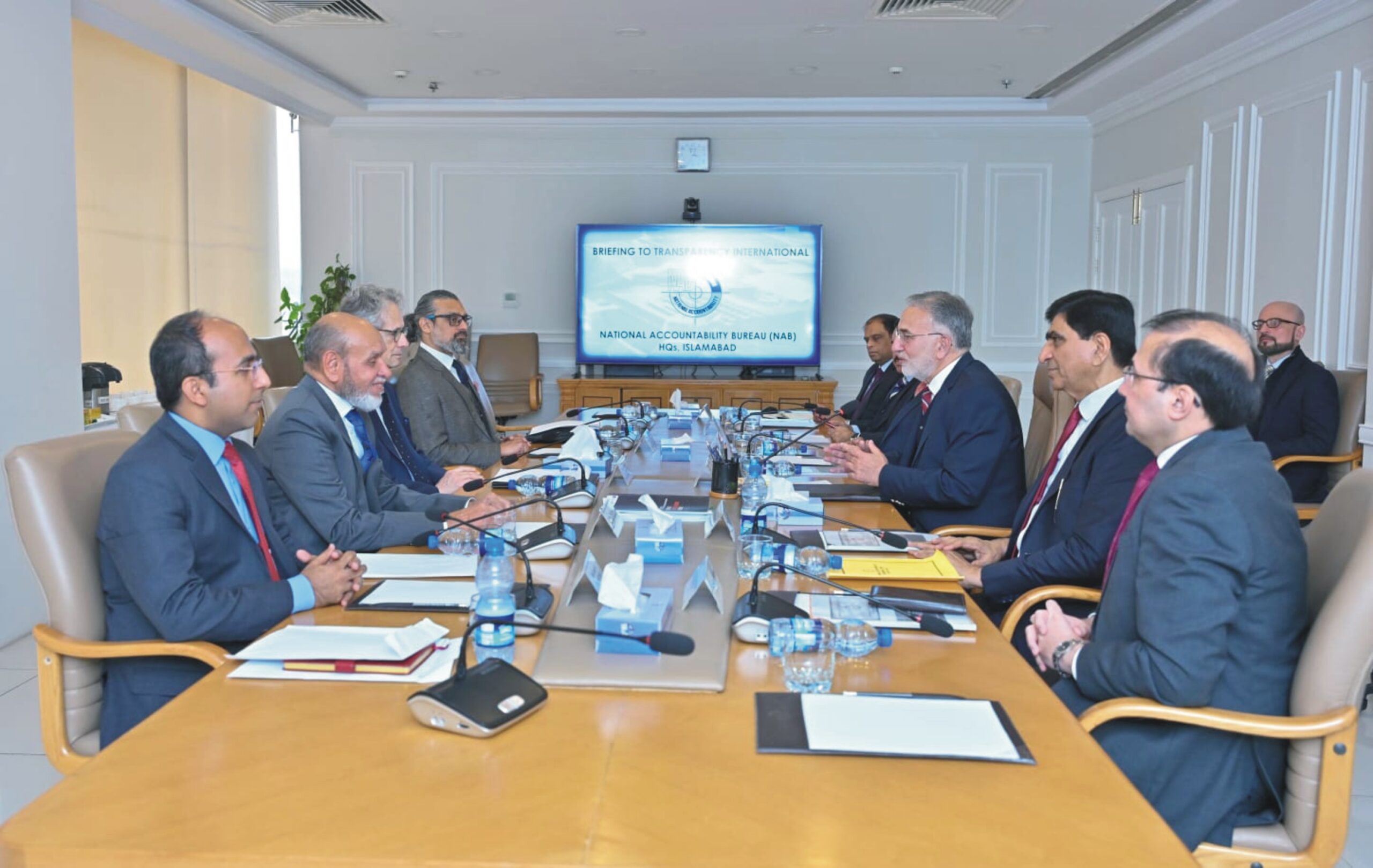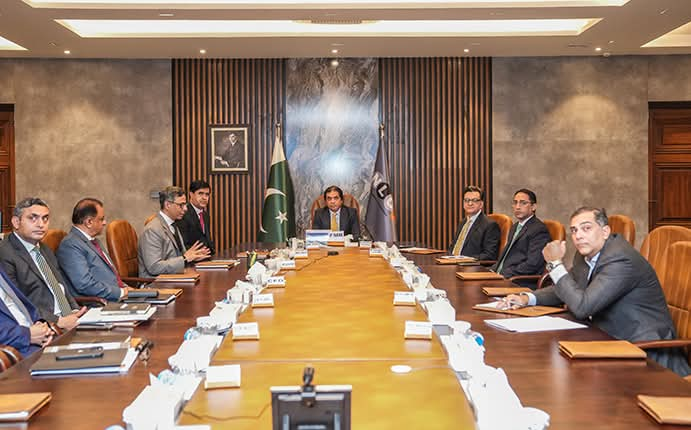 Karachi, Thursday 27th May 2021: plans to establish a Circular Plastics Institute (CPI), a not-for-profit thinktank, to promote research and development in Pakistan’s circular plastics economy.
Karachi, Thursday 27th May 2021: plans to establish a Circular Plastics Institute (CPI), a not-for-profit thinktank, to promote research and development in Pakistan’s circular plastics economy.
Pakistan faces the pervasive problem of plastic pollution as the country generated 3.9 million tons of plastic waste in 2020, and it has the highest percentage of mismanaged plastic in South Asia. In line with Engro’s central idea of solving the most pressing issues of our time, the CPI is aimed to be a pioneer establishment in Pakistan that will streamline efforts towards the circular economy through knowledge exchange and collaboration across Government, businesses, and civil society sectors. By rethinking its plastic problem, Pakistan can benefit from effective resource management to support job creation and innovation in the economy, while also conserving the environment through lower plastic waste. Globally, countries like Sweden and Germany are reaping the benefits of promoting a circular economy by making it a key part of government policy.
The CPI is expected to undertake research on municipal solid waste management, with a focus on plastics (specifically PVC). The Institute will be capable of advising legislation and policy to help Pakistan achieve its global commitments of a zero-waste future by 2030. It will also be aligned with the Global Development Practice to address UN Sustainable Development Goals, including sustainable cities and communities, responsible consumption, climate action, life below water, life on land and partnerships for the goals.
According to Jahangir Piracha, CEO of EPCL, “While the demand for plastics is growing every year, the main problem is its responsible collection and disposal. Customization of global best practices, coupled with local knowledge, is needed to reach our sustainable development goals. Once established, the Circular Plastics Institute will take us a step closer towards our vision of enabling a zero-waste future. This platform will also aim to increase economic activity in Pakistan by instilling circular economy principles, eliminating waste and safeguarding natural resources.”
The CPI will be designed by Maleeha Habib, a student of Harvard University’s Extension School. “Engro’s establishment and support of CPI will open critical areas of opportunity for Pakistan including collaboration with international organizations, conservation of natural ecosystems, reduction of environmental impact, improvement of health and well-being for its citizens and economic development through innovation” said Will O’Brien, Capstone Advisor, Global Development Practice, Sustainability, Harvard University Division of Continuing Education.
Acknowledging the need of CPI for Pakistan Fahd Khawaja, Chief Commercial Officer of EPCL said “It is important to provide a platform to all stakeholders including students, government officials, policy makers and public at large to educate them about the concept of circularity/circular economy and recycling.”
A virtual signing ceremony of this initiative was organized in the presence of Jahangir Piracha (CEO of EPCL), Will O’Brien (Capstone Advisor), Judith Rodriguez (Capstone Instructor, Global Development Practice, Division of Continuing Education), Fahd Khawaja (Chief Commercial Officer of EPCL), Maleeha Habib (graduate student of Global Development Practice, Harvard University’s Extension School) and the Management team of EPCL and Engro Foundation.







